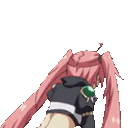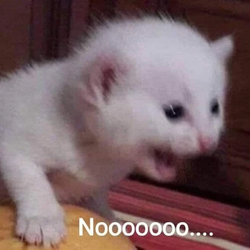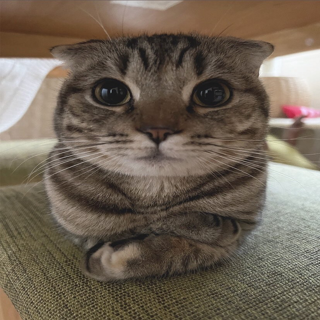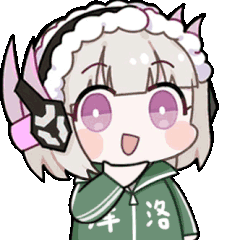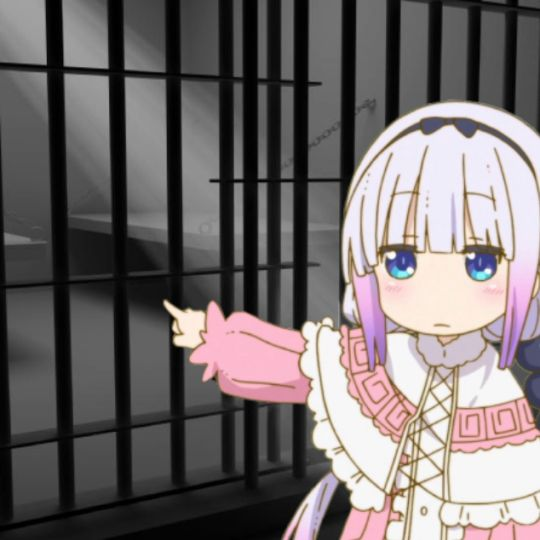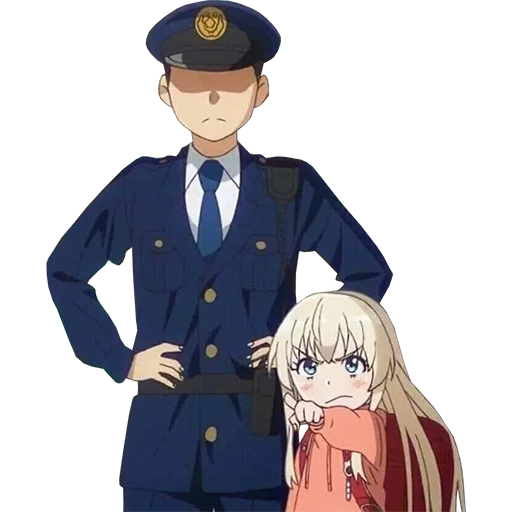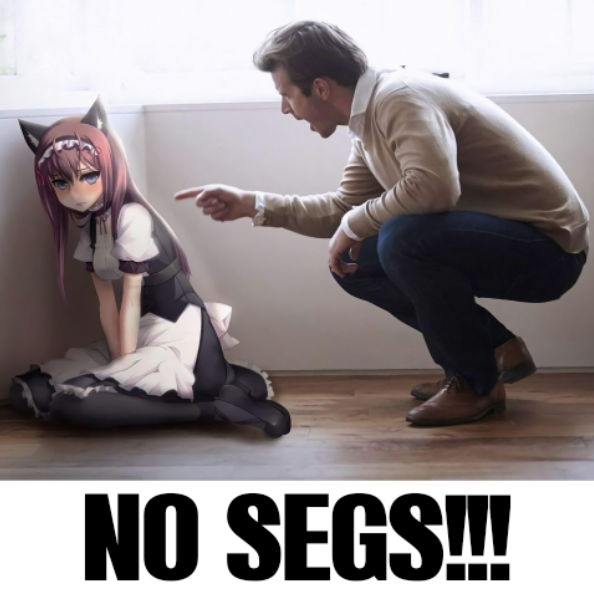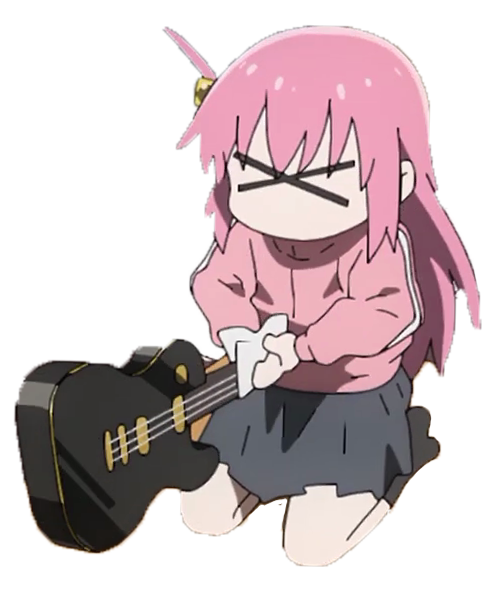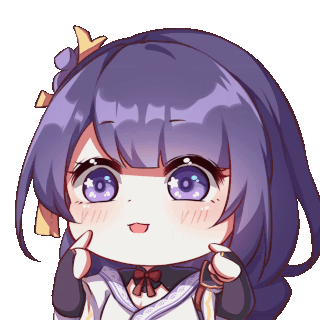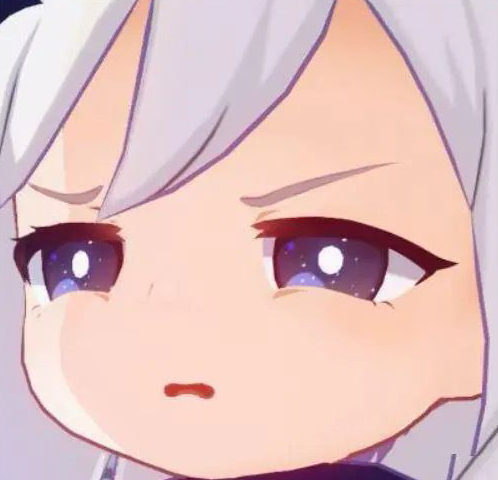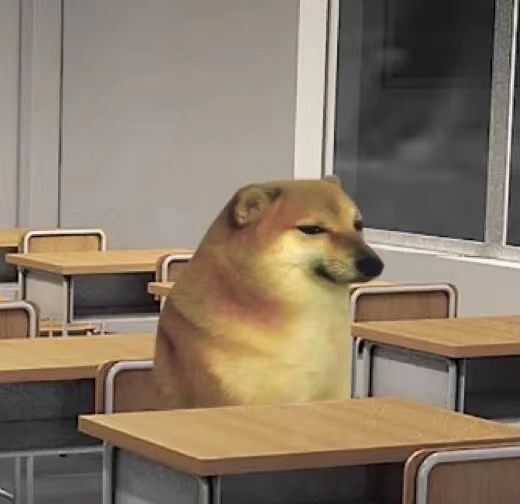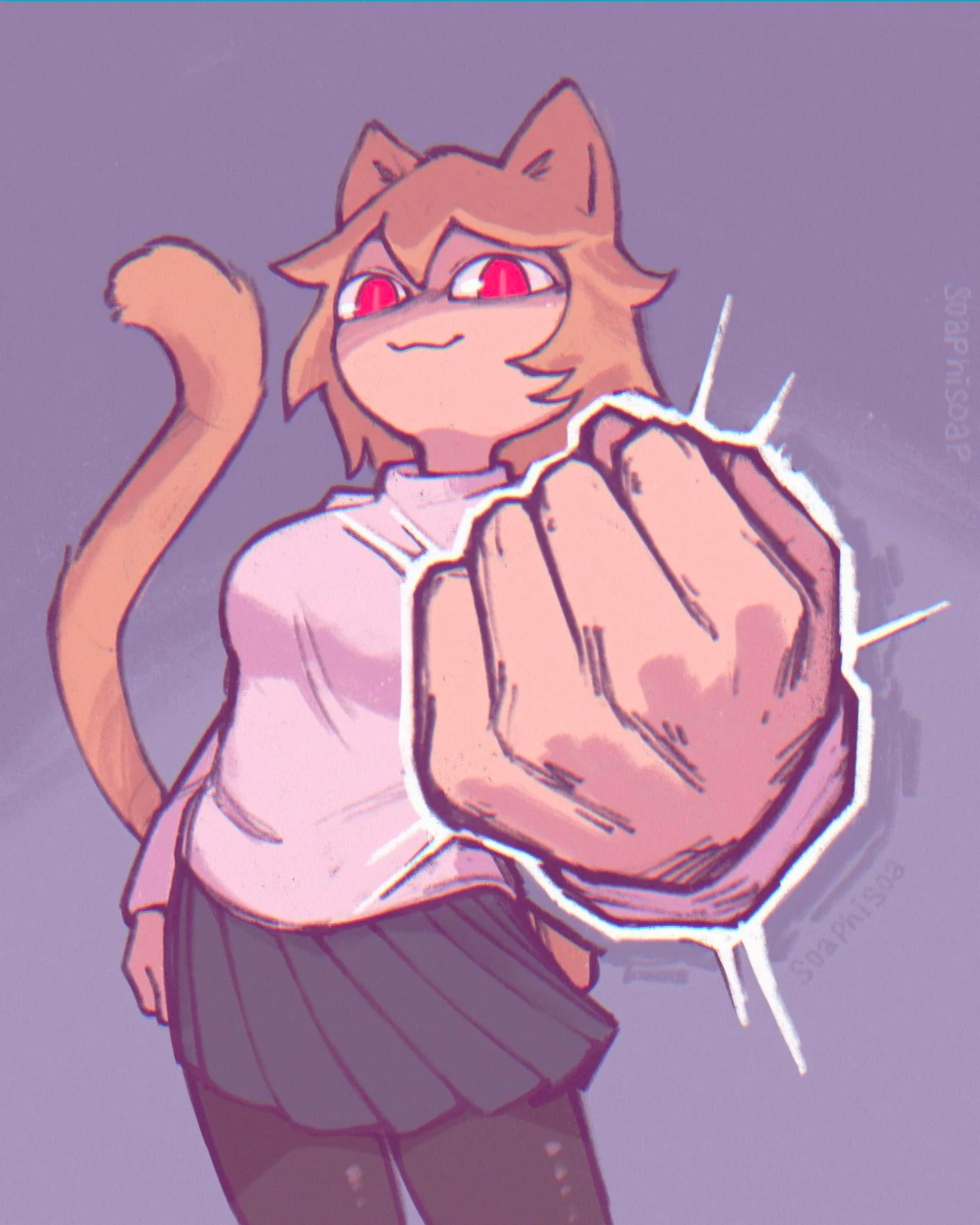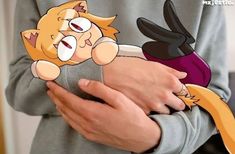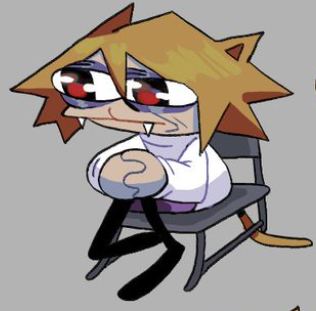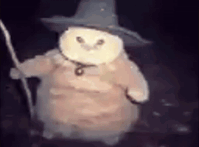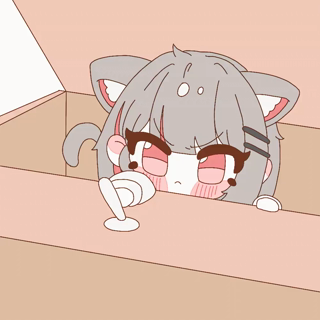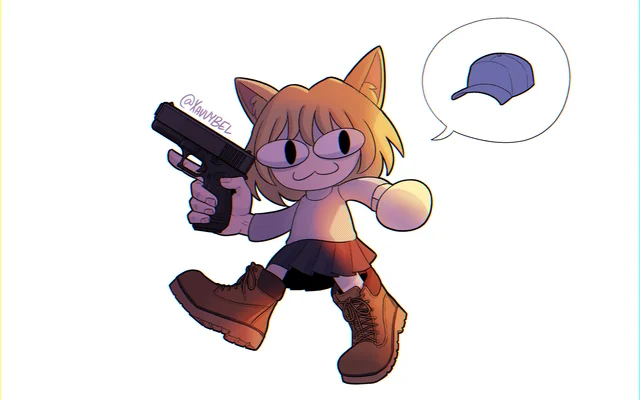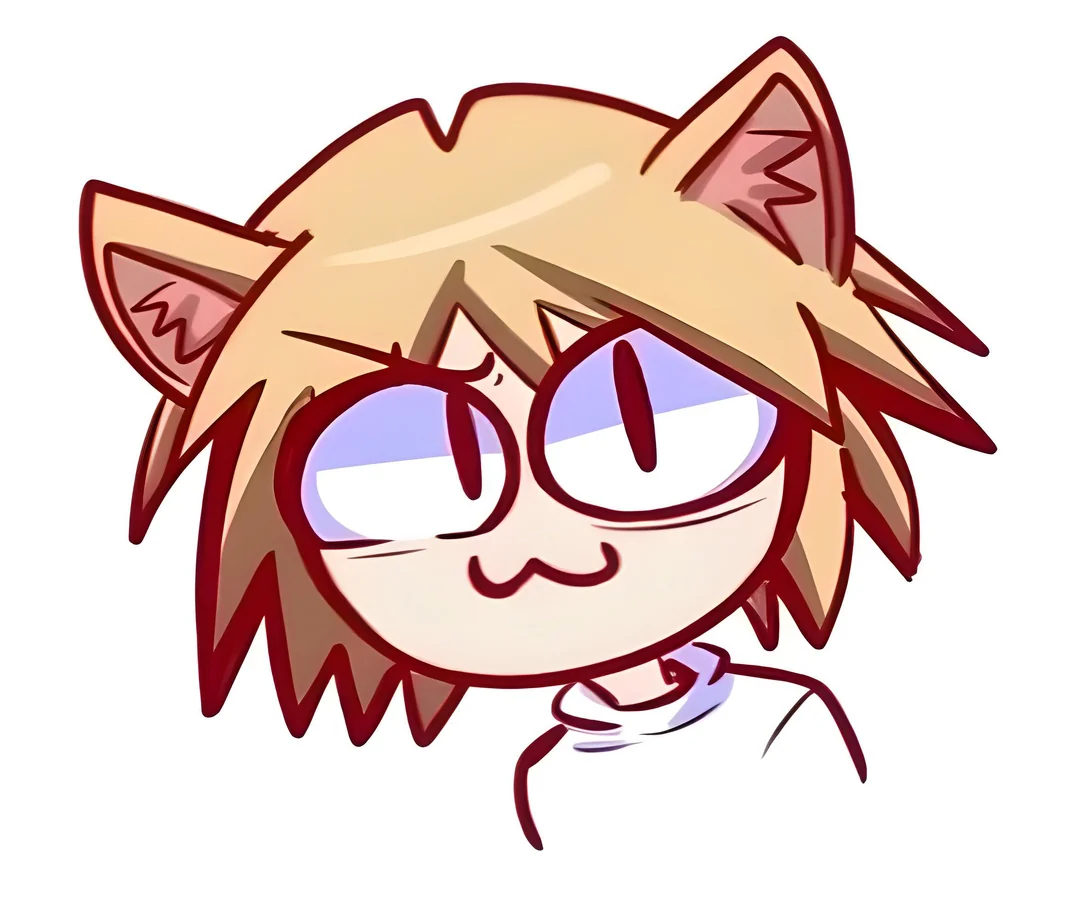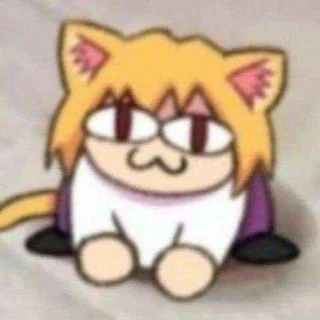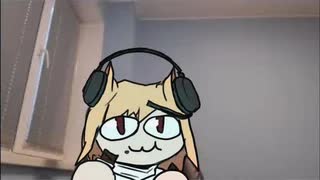I Risked My Life To Save The Cheeky Girl, And As A Result, I Lost My Right Arm. - Chapter 12.1: To Try To Live, No Matter How Clumsy It May Be. (Part 1)
- Home
- All
- I Risked My Life To Save The Cheeky Girl, And As A Result, I Lost My Right Arm.
- Chapter 12.1: To Try To Live, No Matter How Clumsy It May Be. (Part 1)
To Try To Live, No Matter How Clumsy It May Be. (Part 1)
March 31st, Monday. On this day, I came to the library with Hasegawa.
We had a spring break assignment to write a book report, so we needed to read something in preparation.
The library was quiet, despite being crowded with visitors. I liked the serene atmosphere—it was oddly comforting.
“Hey, Hasegawa, have you decided what you’re going to borrow yet?”
While browsing the bookshelves, I leaned in and whispered to her. She replied softly, almost mumbling.
“I haven’t decided yet… What about you, senpai?”
“Honestly, I’m still undecided too. What would be a good pick?”
We were looking at the fiction section. Famous novels lined the shelves, one after another.
Natsume Soseki’s Sorekara, Akutagawa Ryunosuke’s Hell Screen, Dazai Osamu’s No Longer Human, Yumeno Kyusaku’s Dogra Magra, Miyazawa Kenji’s Night on the Galactic Railroad…
Yet neither of us had the courage to pick any of them. Since we weren’t exactly avid readers, novels felt a bit intimidating.
Still, leaving without borrowing anything wasn’t an option either. With furrowed brows, Hasegawa and I kept picking up books, flipping through them, and returning them to the shelves.
Whenever I needed to check a book, I asked Hasegawa to open it for me. With only one arm, I could take a book off the shelf, but flipping through it while standing was another matter entirely.
(…Assignments, huh.)
The truth was, I had little motivation to complete the homework. It wasn’t just because I found it tedious.
It was more about a nagging sense of futility—Why am I even doing assignments when I don’t have my own life figured out?
Assignments were essentially preparation for moving on to the third year. They were about putting effort into your future.
But what meaning did that effort hold for someone like me?
I couldn’t even do something as simple as flipping through a book. Being constantly reminded of the things I couldn’t do was exhausting and disheartening.
Why am I even alive? Wouldn’t it be better to die than to keep being a burden?
This toxic thought had been circling in my head like a curse lately, sinking its claws deeper into my mind.
“…Sigh.”
Unable to contain the growing emptiness in my chest, I let out a long sigh to release some of it.
“Senpai, are you feeling tired? Should we take a break?”
“Ah, no… Well, yeah. Maybe a short break would be nice.”
“Okay.”
I wasn’t physically tired, but the hollow feeling within me had drained any motivation to keep searching for a book. Deciding it was best to take a break, I gave her my answer.
We sat at a nearby table, and I leaned back heavily against the chair’s backrest.
“There’s nothing that really stands out…”
“Yeah, I feel the same.”
“Maybe I should just search on my phone. See if there’s a list of easy-to-read books.”
“That might actually be a good idea.”
And so, Hasegawa and I stayed at the table for a while, taking a break.
“…Hey, sorry, Hasegawa.”
“Huh?”
“I mean, this is my assignment, but I ended up dragging you all the way to the library.”
“It’s fine. Actually, coming here made me realize how difficult it must be for you to read with just one arm. It made me think… isn’t this exactly the kind of moment I should be here for?”
“………………”
From where we sat, I could see a bookshelf labeled History & Great Figures.
The section was filled with books about people from long ago, like Aristotle, Galileo, and Shakespeare. Others covered more recent figures like Einstein, Nightingale, and Helen Keller. Their remarkable lives were all lined up on display.
“…Hey, Hasegawa.”
“Yes?”
“I… do you think…”
“………………”
I almost asked her, Is it okay for me to be alive? But the words stuck in my throat.
Saying something like that to Hasegawa would only trouble her further, and I didn’t want to burden her.
Still, the thought lingered, gnawing at me like a parasite.
It felt like walking through a pitch-black tunnel with no exit in sight—a suffocating despair that had taken root deep in my chest.
Someone like me, who keeps inconveniencing others… Do I deserve to live?
Someone whose life will always be crooked, always broken… Do I deserve to live?
…A person without an arm… Do I deserve to live?
I fought back the tears that threatened to fall, staring blankly at the History & Great Figures shelf.
“…Hm?”
Among the great figures, I suddenly spotted a name that caught my attention: Nakamura Hisako. Being a Japanese name, it stood out, but what truly drew me in was that it shared the same surname as mine, Nakamura.
I stood up and, almost instinctively, grabbed a book about Nakamura Hisako.
The moment I touched it, a shock ran through me, as though I had been struck by lightning.
What caught my attention was the tagline on the book’s cover.
“Japan’s Helen Keller: Nakamura Hisako”
“The Legendary Great Figure Without Arms or Legs”
“………………”
Without arms or legs… That staggering phrase struck straight to my heart.
“What’s wrong, Senpai?”
Before I knew it, Hasegawa was standing beside me.
“N-No, it’s just… I found a book that caught my eye.”
I showed her the cover of the book, and her eyes widened. She whispered, “This…”
“…I think I’ll borrow this book.”
“………………”
“I want to take my time and read it at home.”
“…I see. I’m curious about it too.”
With that, we tucked the book under my arm and left the library.
Once we got home, we made our way to my room. Both of us sat on the floor, and I placed the book we borrowed from the library on the desk.
I had Hasegawa hold the book for me and turn the pages. At that moment, she decided to read it alongside me.
Nakamura Hisako lived through the tumultuous period from 1897 to 1968.
Due to illness, she lost both her arms and legs by the age of three. From then on, everything in her life depended on her mouth—she wrote with a pen in her mouth and sewed with a needle clenched between her teeth.
At seven, she lost her father to illness, and her mother remarried. However, her new stepfather subjected Hisako to abuse.
“Don’t let that creepy daughter outside,” he would say, forcing Hisako to remain locked away at home.
“………………”
Even though it was only the beginning, I was already completely taken aback.
It was almost incomprehensible. Could such a life have truly existed?
I clenched my hands tightly, feeling the sweat on my palms.
Nakamura Hisako’s life was so intense that it made my own circumstances seem like nothing by comparison.
“………………”
I was eager to turn to the next page, but Hasegawa hadn’t finished reading yet. She remained immersed in the content, quietly absorbed.
When the next page was finally turned, I said, “Thank you” to her.
Hasegawa quickly apologized, “Oh, I’m sorry.”
“Did I read too slowly?” she asked.
“Nah, it’s fine. Don’t worry. Let’s take our time and read it together.”
“…Okay.”
And so, we turned our attention back to the book, carefully reading every word, sentence by sentence.
When Nakamura Hisako turned 20, she began performing on the stage of a freak show, where she became known as the “Daruma Girl” and showcased her skills in front of an audience.
Her talent was writing with a brush held in her mouth.
In an environment that seems unimaginable by today’s standards, Hisako endured with a strong heart.
However, at this freak show, she met a man and was able to marry him.
Miraculously, they even had a child together.
Upon seeing her child with arms and legs, Hisako couldn’t hold back her tears.
It seemed as though a happy life was finally within her reach, but just as things were looking up, her husband passed away unexpectedly.
Left without limbs, Hisako had to raise her young child alone.
It was the ultimate adversity. Her life seemed like one of cruel irony, as if God was mocking her.
Losing her husband, raising a child alone, and living without limbs—each of these would be an insurmountable challenge on their own, and yet all of them struck her at once. It was almost too much to bear.
Still, Hisako lived on, fighting every day with all her might. She lived without giving up, despite her body’s limitations.
There were countless moments when her spirit almost broke, but she clung to life with the tenacity of someone gripping a rock, driven by an unbreakable mental strength.
“………………”
As time went on, Nakamura Hisako became famous throughout Japan, and eventually, she met Helen Keller, who had come to Japan.
Helen Keller, too, was a remarkable figure who lived despite being both blind and deaf. The two women, both exceptional in their own right, met face to face.
When Hisako gave Helen Keller a Japanese doll she had made with her mouth, Helen was astounded. It was unimaginable that someone could craft such a thing with just their mouth. The sheer passion and determination required for this achievement were immense.
Helen Keller was recorded as saying to Hisako:
“You are a person more unfortunate than I, and more extraordinary than I.”
“………………”
At the end of the book, Hisako’s own words were written.
“There is no despair in life. There is no despair in any life.”
“What raised me was this body, which has no arms or legs.”
A droplet fell onto the book.
It was my tear.
I bit my lip and closed my eyes repeatedly. Tears fell onto the book, one after another, and I couldn’t stop them.
“Senpai…”
Hasegawa, who was sitting next to me, called my name in a soft voice.
My chest felt heavy and warm. I wanted to say something, but no words seemed adequate.
Only overwhelming emotion flooded through me, like a tsunami. I felt goosebumps all over, and there was no way to stop it.
“Hase…gawa…”
Without wiping away my overflowing tears, I turned my gaze toward her.
Then, with just one word, a word that barely lasted a second, I spoke to Hasegawa.
“I… I’ll do my best.”
“………………”
Hearing that, Hasegawa also burst into tears and hugged me tightly.
“Senpai…”
“………………”
“Senpai, I… I will also do my best… together with you…”
“………………”
“Together, together…”
“………………”
At that moment, I too held her close. Though I only had my left arm, I wanted to hold Hasegawa tight.
This was the unforgettable moment that happened when I read that one book.







